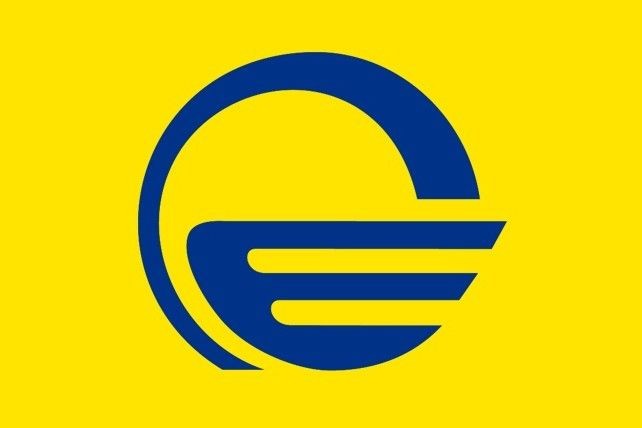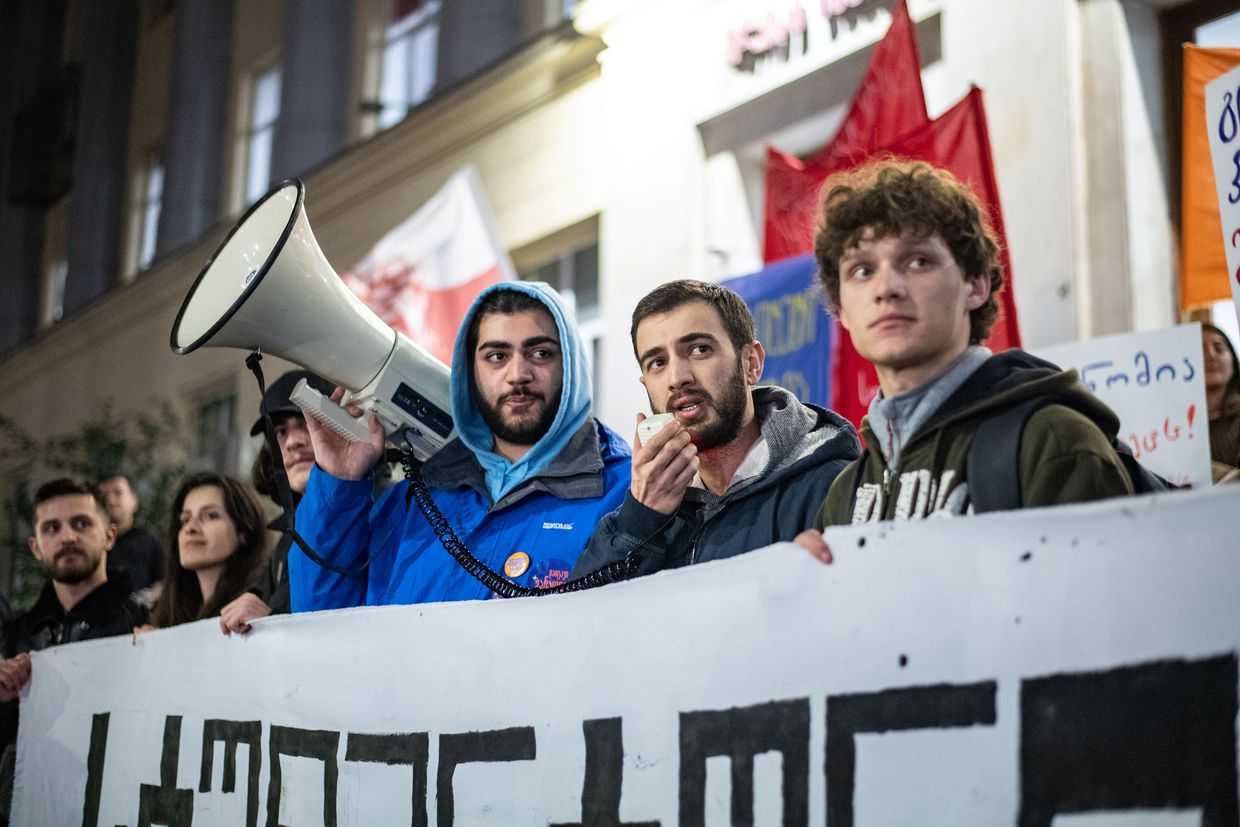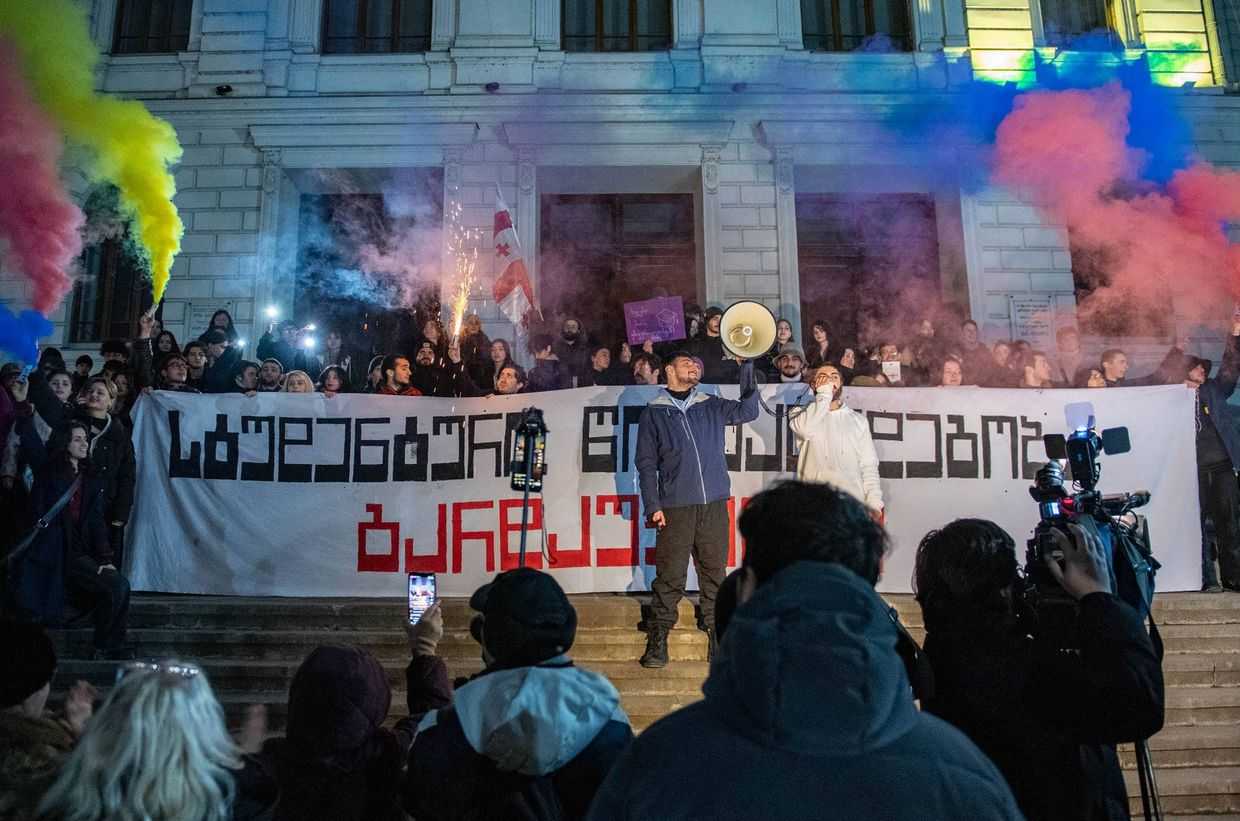
A crew from the Georgian pro-government media outlet Imedi has been denied entry into Moldova, the TV channel said on Friday. The channel shared the document of the refusal, saying that Imedi did not have the proper documents. Moldova is holding high-stakes parliamentary elections on Sunday, which Imedi said it was there to cover.
According to the document shared by Imedi, Saba Khvichia, one the outlet’s journalists, was issued a refusal by Moldovan border guards, although the reason for the denial was not specified beyond citing the relevant legislation that concerns the registration of foreigners in the country.
However, there was no box checked under the section that listed possible reasons for denial. OC Media has reached out to the Moldovan Foreign Ministry for comment, but has not received an answer as of publication.
In an accompanying post on Facebook, Imedi said that ‘our journalist and camera operator were not allowed to cover the elections in Chișinău’, adding that they had been made to wait for five hours by border guards. In addition, Imedi said the crew were not allowed to use their phones, and had their documents and passports confiscated.
Imedi said the justification for the denial was a ‘lie’ and denounced the refusal of their crew, sarcastically noting, ‘such is democracy in Moldova and the “European” standard of interference in journalistic activity’.
On Sunday, Moldova will hold parliamentary elections, which the pro-Western President Maia Sandu has called ‘the most important election in the history of the country’.
Roughly, the election will pit Sandu’s pro-EU coalition against Euro-skeptic and pro-Russian parties. Sandu and other Moldovan officials have warned that Russia has been aggressively interfering in the election to tip the scales in its favour.
Earlier this week, Russia’s Foreign Intelligence Service (SVR) claimed that the EU and NATO are planning ‘an armed incursion and de-facto occupation’ of Moldova should the election not go its way.
Moldova is an EU candidate, having been granted the status in 2022 — a year before Georgia. In 2024, a referendum on joining the EU narrowly passed, with 50.3% in favour and 49.6% against.
In recent years, Georgia has itself gained attention for the repeated denial of entry to journalists, activists, or government critics, typically with those being refused told it was due to ‘other cases envisaged by Georgian legislation’.











